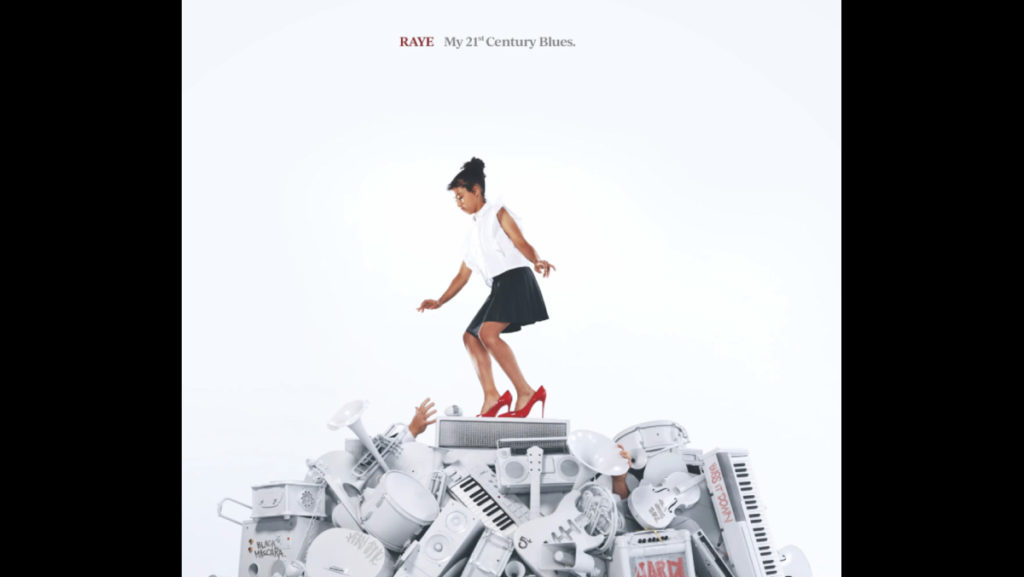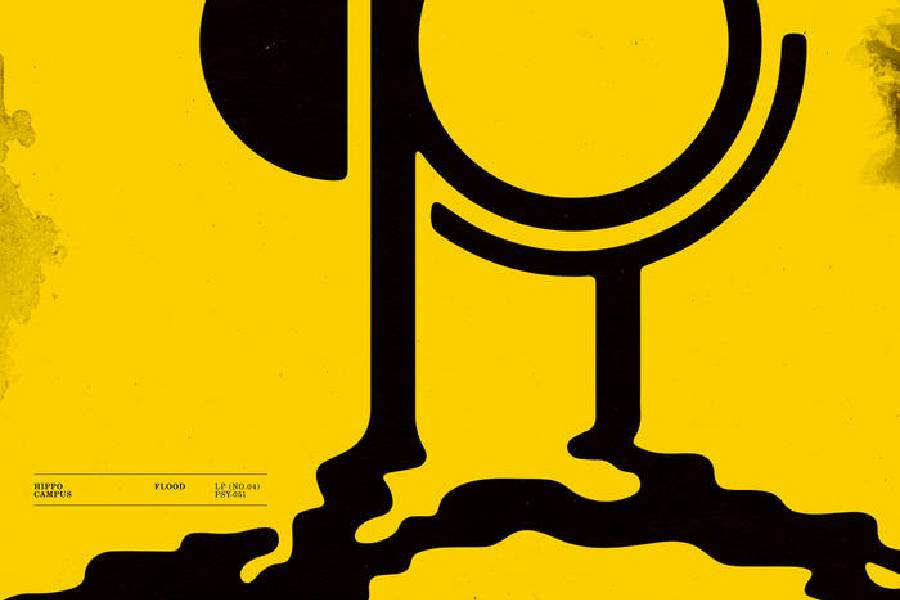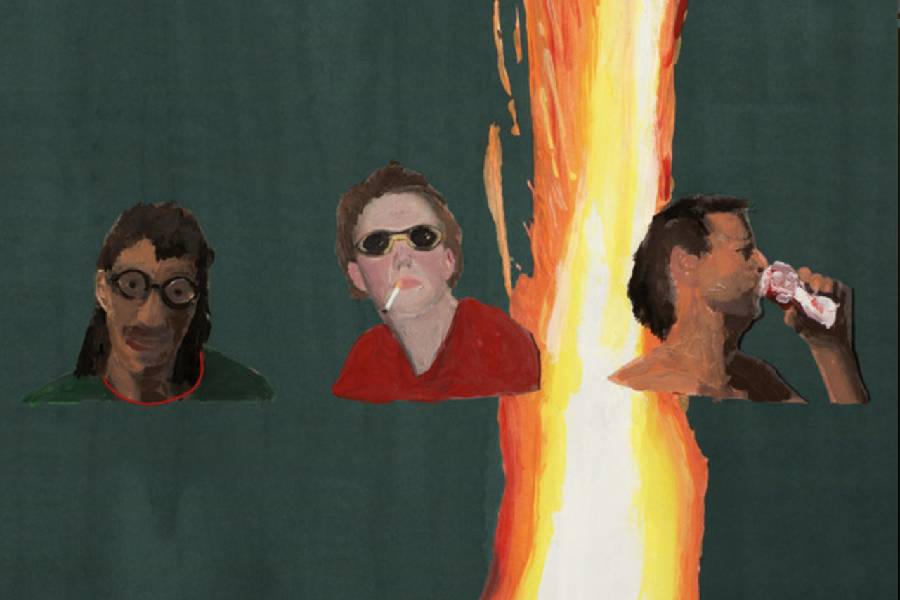“I’ve waited seven years for this moment,” 25-year-old British singer-songwriter Raye says in the closing track, “Fin,” of her debut album “My 21st Century Blues.” The release of Raye’s album comes after an uphill battle with her former record label, Polydor. In a tweet that Raye posted in June 2021, she expressed her frustration over not being able to release music despite signing a record deal back in 2014.
The seven years of passionate effort that Raye has placed into creating and trying to release this album shows. The album features atmospheric, enchanting production, glossy, smooth vocals and emotive lyrics.
Consistently, “My 21st Century Blues” masters an art that at times can seem to be lost in the modern-day music industry — storytelling. Raye is unafraid to tackle subjects that could potentially be deemed “too dark” by some: sexual abuse, substance abuse, heartbreak, body dysmorphia, eating disorders and sexism.
The album’s genesis is titled “Introduction,” featuring a man introducing Raye. The intro track is playful and sincere, subtly giving credit to Mike Sabath and the Moongirls, who helped produce and create the album. The song’s background transports listeners to a fancy nightclub, where piano performances and singing would reign all night.
The song brilliantly ends with a piano motif that is used immediately in the next song. The intro and concluding track on the album cleverly use these sonic and melodic transitions, helping the album feel consistent and properly wrapping up the narrative threads.
The second track, “Oscar Winning Tears,” sounds regal, like it could have been from a 1950s movie — with a modern twist. The sensual atmosphere that the song provides allows the contrast that comes from the dark lyrics about betrayal and shallow apologies to stand out more, leaving the listener feeling uncomfortable. The song concludes with a clapping sound effect and more narration from Raye.
The usage of these effects continues throughout the project. The use of sound effects and narration mixed in with the grand, instrumental and loud production allows for the album to feel like a movie, grandiose and larger than life. Simultaneously, Raye sounds similar to a friend venting to one about situations in her life and past. The interesting blend of melodramatic and casual storytelling beats highlights how personal and vulnerable these stories are to Raye, especially in the public eye, while also being stories that anyone, but by and large women, can relate to.
“Mary Jane” and “Body Dysmorphia” both hit on some heavy lyrical material. The former addresses the darker side of drug usage. The latter tackles exactly what the title entails — body dysmorphia. Eating disorders are also mentioned throughout the song. Both of these songs also showcase some of Raye’s most glamorous vocal moments: impressive ranges and falsettos.
“Ice Cream Man” has some of the hardest-hitting lyrics. Both heartbreaking and empowering, Raye describes her experiences with sexual abuse. “Cause I’m a woman / I’m a f——- brave, strong woman,” Raye sings in the soulful, emotional chorus. “And I’ll be damned if I let a man ruin / How I walk, how I talk, how I do it.” This song also showcases how Raye’s vocal talents go beyond her technical abilities. The way Raye delivers her lyrics further enhances the song: crescendoing and decrescendoing during more emotional parts, belting and sounding bold, but choked up.
Within the heavy songs that are incorporated throughout the album, there are some musically upbeat dance songs (with a variation of dark and playful lyrics). “The Thrill is Gone” starts with one of the intros that flows the least cinematically from the previous song, but after the first few seconds, it is nearly impossible to not become entranced and want to dance. Raye raps and sings with exuberant energy throughout the song.
“Escapism” with 070 Shake also serves as a nice shakeup to the emotional tracklist. The R&B, pop-influenced track is not only memorable on its own but also thrives to a greater degree in the context of the album.
The weakest qualities of the album are, ironically, two of its greatest strengths: production and blunt lyrics. In certain tracks like “Environmental Anxiety,” the production is overdone and features an annoying humming sound that doesn’t go away. Some of the lyrics are too tongue-in-cheek and feel not bold, but blocky and listy. The album does not have the highest replay value either.
Raye’s debut album is heartbreaking, empowering and relatable. “Finally, my 21st Century Blues is now ours / Forever,” Raye states correctly in “Fin.”




















